Good luck to our very own Dorrit in Year 9 who will be performing in Brighton Beach Memoirs on 10th - 17th May at Rugby Theatre. Tickets can be purchased via box.office@rugbytheatre.co.uk
#rfsscelebrates
... See MoreSee Less
The National Literacy Trust Book Talk challenge is well underway at RFSS! 📚
We are challenging our students to read and talk about as many books as possible and contribute to the library reading tree - turning your chosen books into leaves. Year 7, 8 and 9 are taking part and we hope we can get our tree in full bloom by the end of the challenge 🌳
Take a look at the recommended reading list and see if you can help to get our tree filled up.
Remember, if we do not have the book in our library, Hunts Book shop in Rugby, offers a 20% discount to all RFSS students and staff members. Also, Rugby library in the town centre, opposite Asda, offers a huge range of books and can order any for free.
So, what are you waiting for? Get reading and talking about books. For further information, see Mrs Huggard or Miss Bryant.
#collaboration #literacychallenge #readingisfun
... See MoreSee Less
Year 7 Music students are learning how to play the key chords on a Ukelele, with Mr Stokes.
... See MoreSee Less
Year 9 students in Hospitality and Catering are in the process of making fruit crumble! 🍇 🍈 🍏 🍎
... See MoreSee Less
Tips on showing empathy, from the Mental Health in Schools Team.
cwrise.com/
... See MoreSee Less
Some useful information for Year 11 and 13, in preparation for their exams.
#exampreparation #kindness
... See MoreSee Less










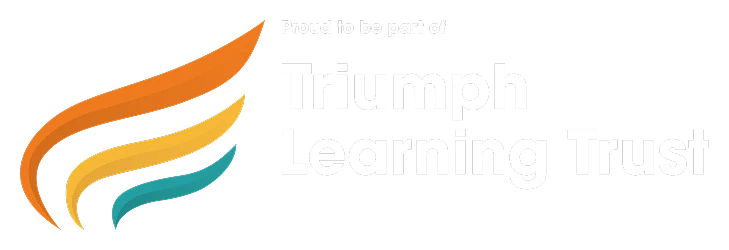
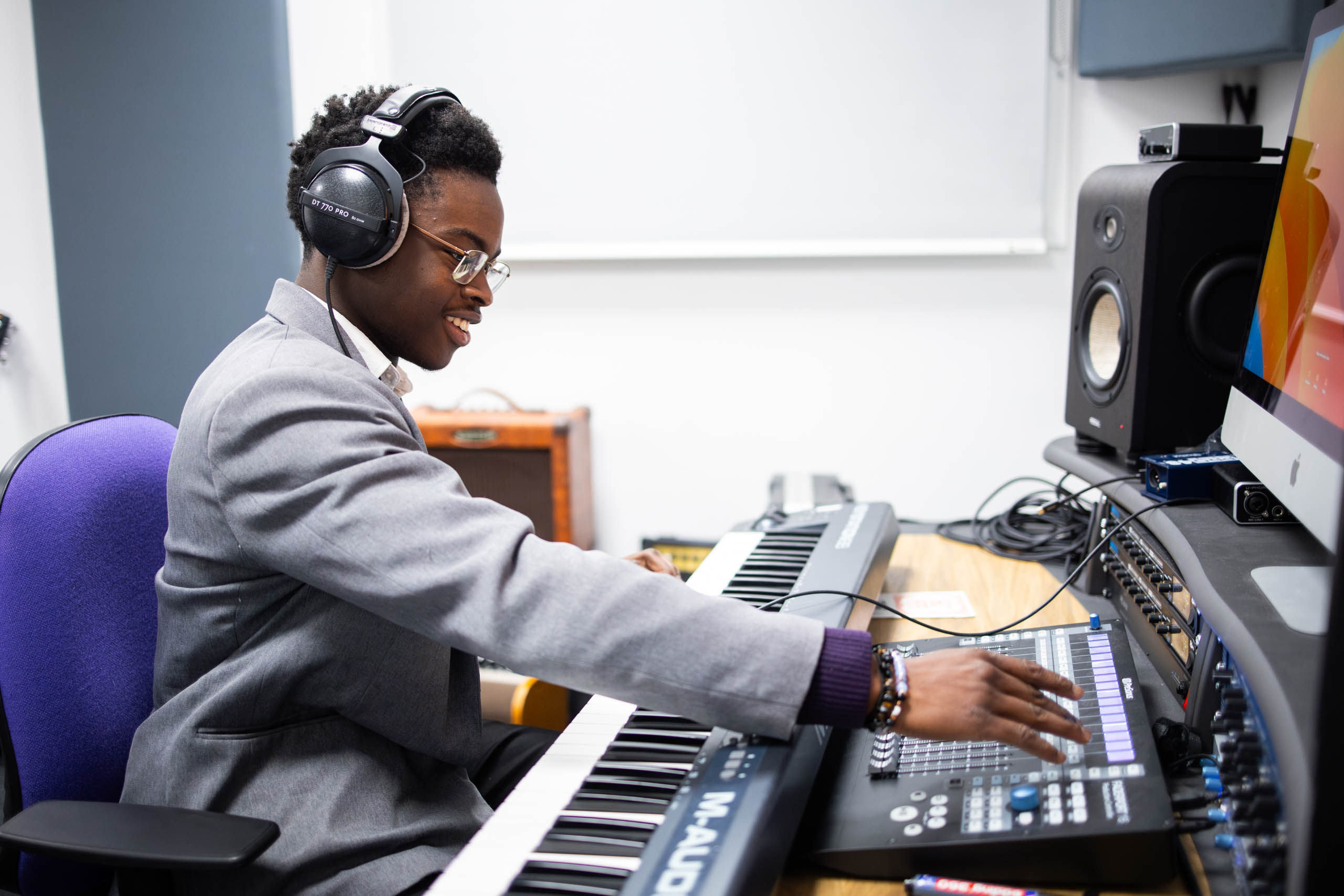
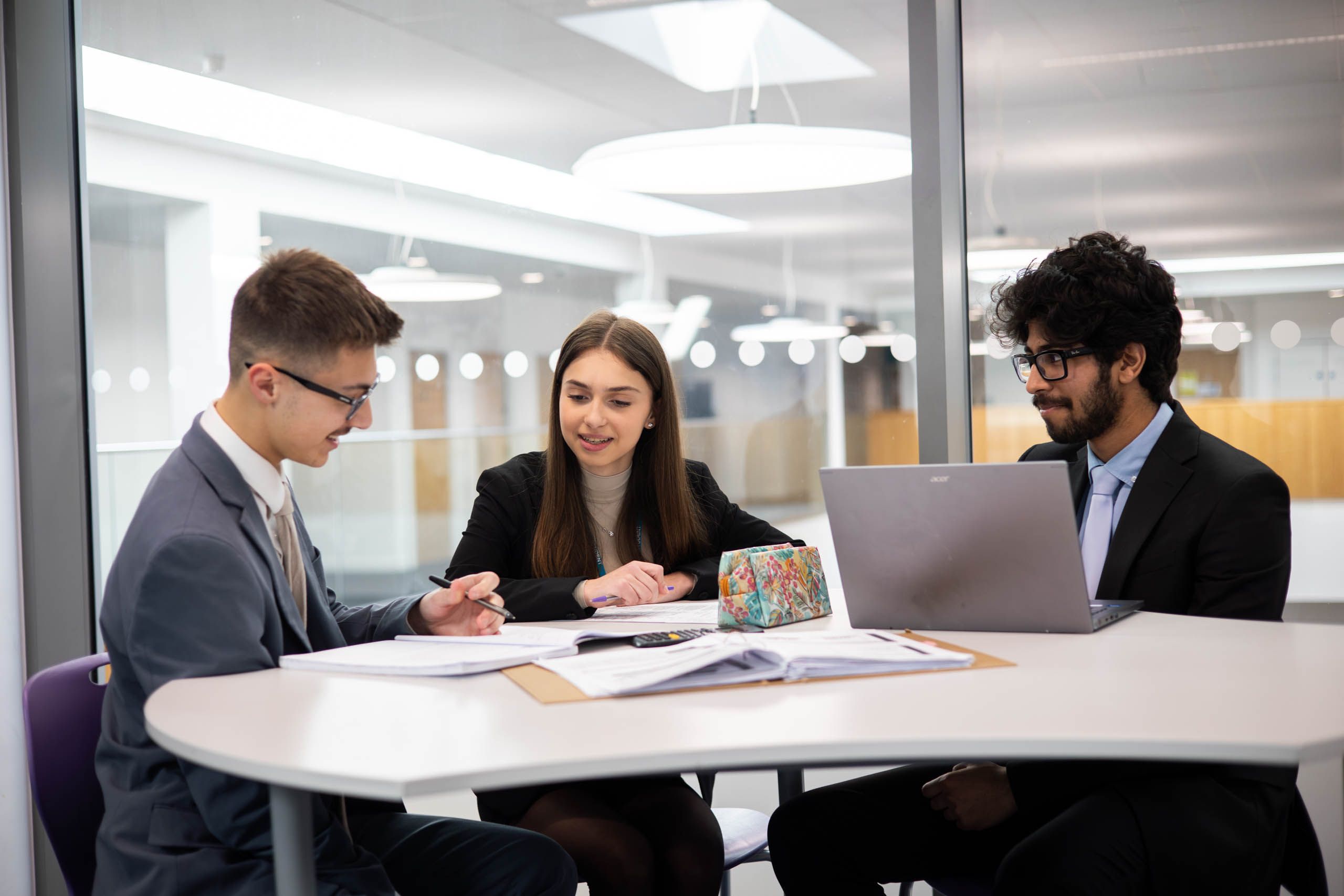
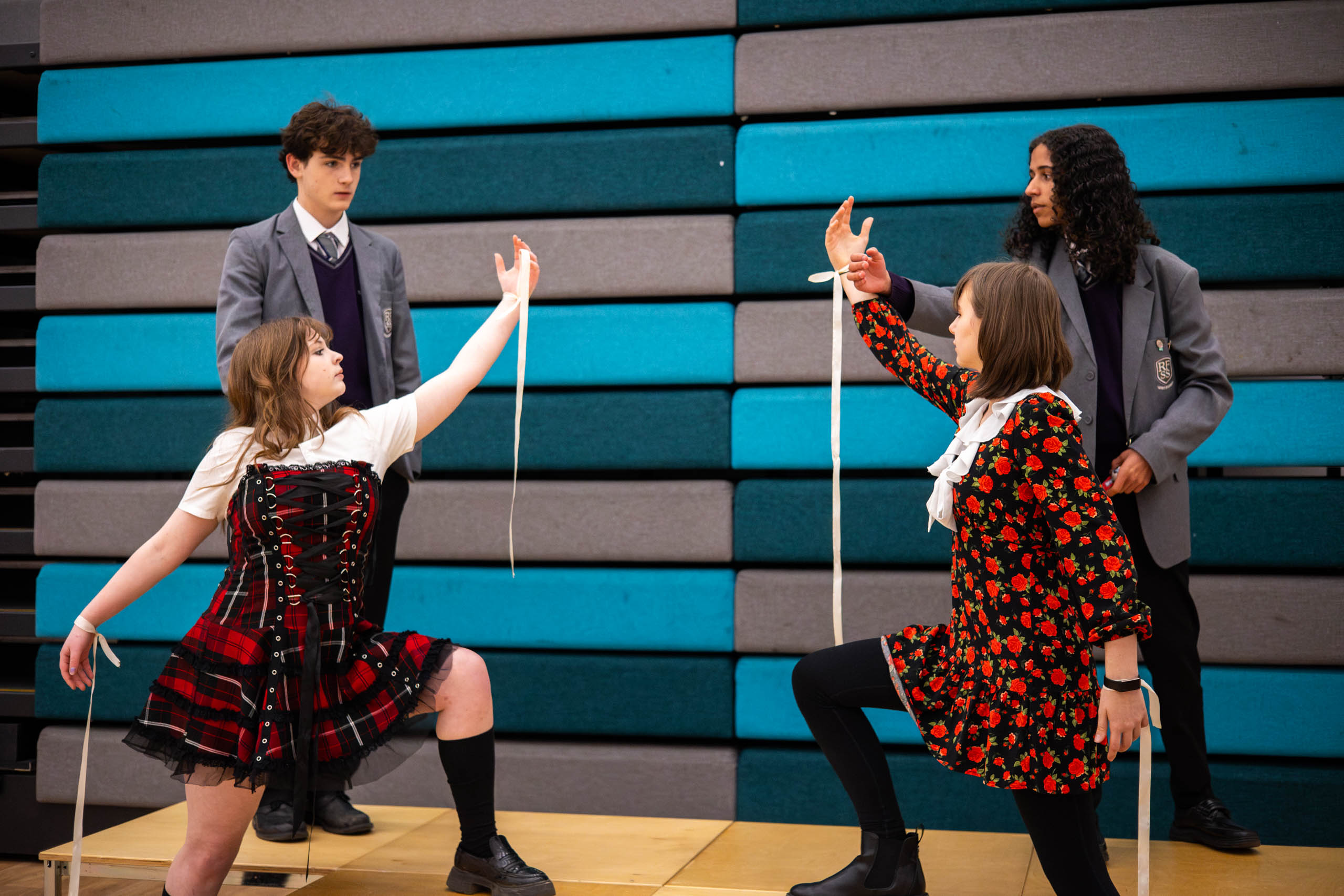
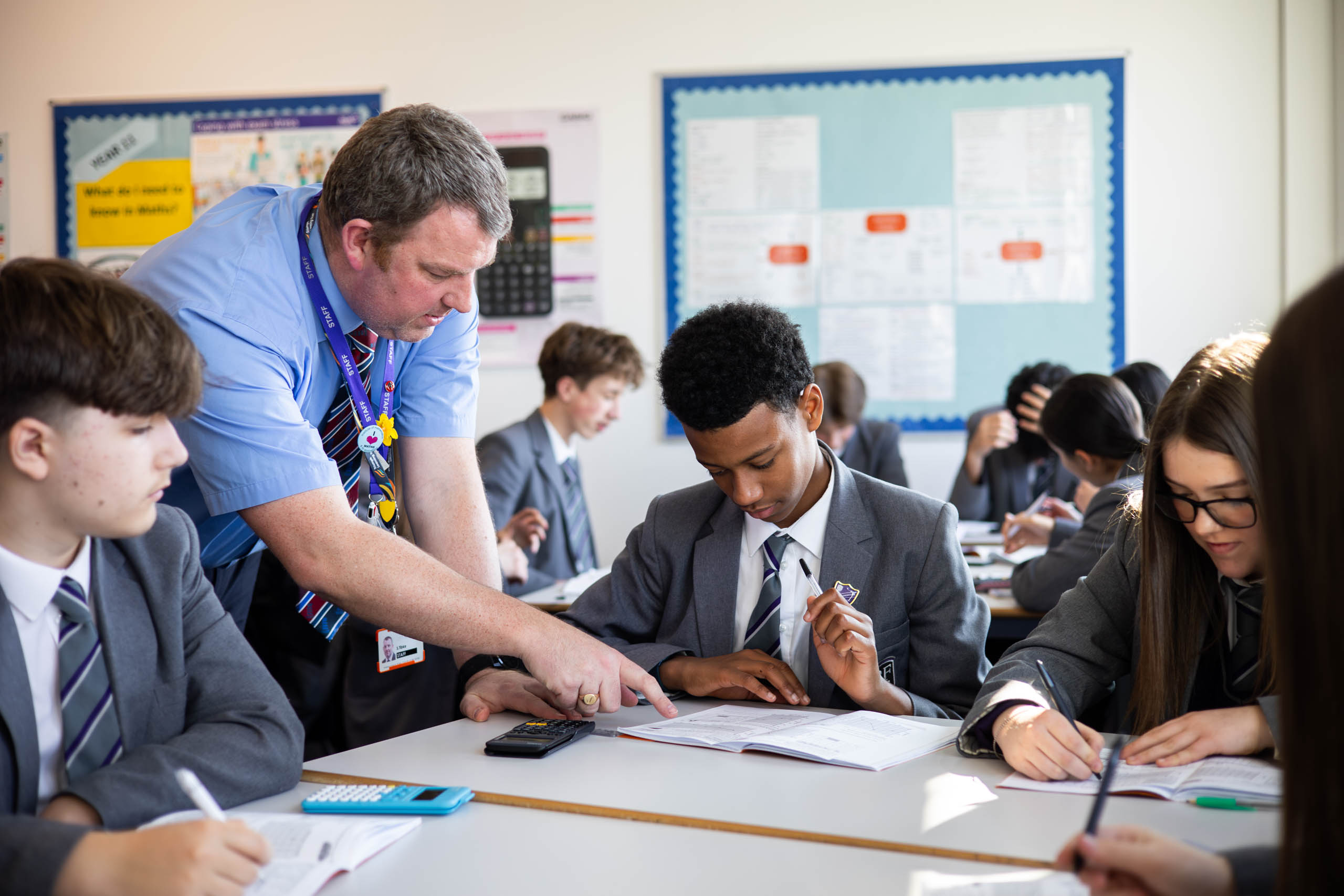
What’s happening at
Rugby Free Secondary School
Stay updated with the latest news by following our Facebook feed.
Good luck to our very own Dorrit in Year 9 who will be performing in Brighton Beach Memoirs on 10th - 17th May at Rugby Theatre. Tickets can be purchased via box.office@rugbytheatre.co.uk
#rfsscelebrates ... See MoreSee Less
1 CommentsComment on Facebook
The National Literacy Trust Book Talk challenge is well underway at RFSS! 📚
We are challenging our students to read and talk about as many books as possible and contribute to the library reading tree - turning your chosen books into leaves. Year 7, 8 and 9 are taking part and we hope we can get our tree in full bloom by the end of the challenge 🌳
Take a look at the recommended reading list and see if you can help to get our tree filled up.
Remember, if we do not have the book in our library, Hunts Book shop in Rugby, offers a 20% discount to all RFSS students and staff members. Also, Rugby library in the town centre, opposite Asda, offers a huge range of books and can order any for free.
So, what are you waiting for? Get reading and talking about books. For further information, see Mrs Huggard or Miss Bryant.
#collaboration #literacychallenge #readingisfun ... See MoreSee Less
0 CommentsComment on Facebook
Year 7 Music students are learning how to play the key chords on a Ukelele, with Mr Stokes. ... See MoreSee Less
0 CommentsComment on Facebook
Year 9 students in Hospitality and Catering are in the process of making fruit crumble! 🍇 🍈 🍏 🍎 ... See MoreSee Less
0 CommentsComment on Facebook
Tips on showing empathy, from the Mental Health in Schools Team.
cwrise.com/ ... See MoreSee Less
0 CommentsComment on Facebook
Some useful information for Year 11 and 13, in preparation for their exams.
#exampreparation #kindness ... See MoreSee Less
0 CommentsComment on Facebook